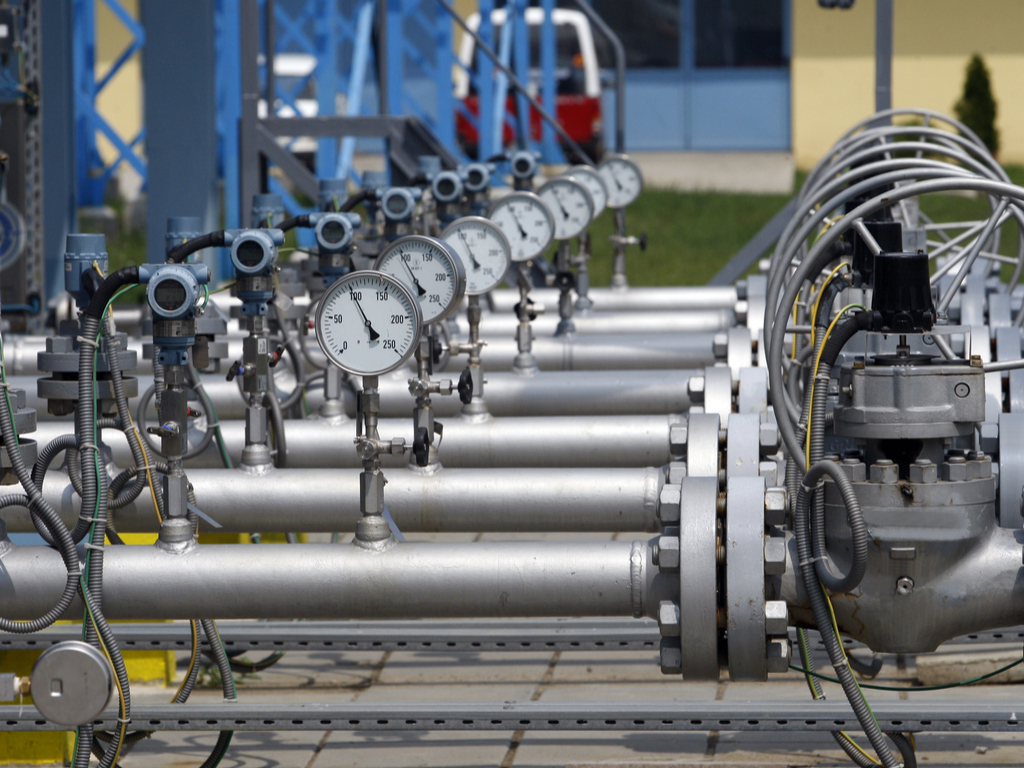The Nordic Investment Bank has issued a loan of 145 million euros to Klaipedos Nafta, the operator of the LNG terminal in Lithuania, the country’s energy minister announced on Friday amid Lithuania’s plans to reduce the terminal’s maintenance costs and provide guarantees to multimillion loans.
But the ongoing dispute with Achemos Grupe (Achemos Group) over the overhaul of the terminal’s activity might undermine the process.
“Based on the information I have, the NIB loan has been confirmed and its conditions are valid until the end of July. On the one hand, we have a positive decision, which is very important for both the buyout of this terminal and also for the cost optimization process. The loan is specifically meant to reduce the costs and the LNG terminal’s safety constituent,” Zygimantas Vaiciunastold.
In his words, the loan situation might change after Klaipedos Nafta’sshareholders on Thursday failed to make the decision on the transfer of the LNG terminal’s regulated activity to a separate subsidiary since a specific date until which the loan’s conditions are valid is usually set when a big loan is issued.
According to the minister, negotiations on a second loan for the buyout of the LNG storage-vessel, will take place later, in around 2022.
It was reported earlier that the loan of up to 148 million euros to Klaipedos Nafta will be used to reduce the LNG terminal’s maintenance costs by 40 percent as of July. Another loan of 121-160 mln euros will be meant to acquire the LNG vessel in 2024. Both loans will need state guarantees.
Vaisiunas told earlier the NIB loan is one of the key parameters as only upon its receipt Klaipedos Nafta can ask the National Commission for Energy Control and Prices to recalculate the LNG terminal’s safety constituent, and the Commission would later make the decision on the gas price.
Since Achemos Grupe, which own around 10% of Klaipedos Nafta, lodged a complaint over the transfer of the LNG terminal’s activity into a separate new subsidiary of Klaipedos Nafta earlier this week, the latter will have to assess it. Therefore, no decisions were made on Thursday.
The so-called LNG terminal’s safety constituent is the most important issue for large gas consumers – industrial companies.




